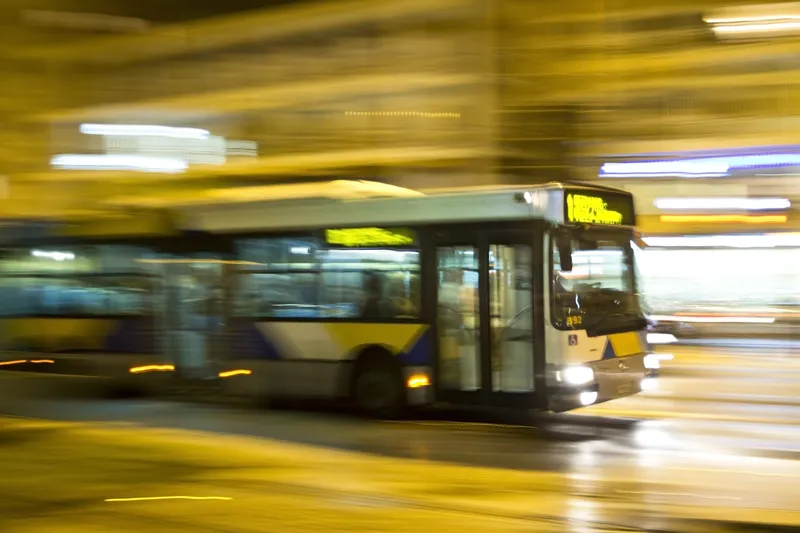Following a successful trial in London, Transport for London (TfL) has launched a new Countdown digital sign service, providing a new way to deliver tailored live bus arrival information cheaply and effectively to a range of public locations, such as hospital waiting rooms, schools or shopping centre foyers. The trial demonstrated the signs worked well, delivering clear, easily accessible information about local bus services, utilising existing IT and display equipment in public locations.
June 3, 2013
Read time: 2 mins
Following a successful trial in London, 1466 Transport for London (TfL) has launched a new Countdown digital sign service, providing a new way to deliver tailored live bus arrival information cheaply and effectively to a range of public locations, such as hospital waiting rooms, schools or shopping centre foyers.
The trial demonstrated the signs worked well, delivering clear, easily accessible information about local bus services, utilising existing IT and display equipment in public locations.
The technology can be self-installed using existing equipment, enabling it to be delivered at minimal cost. Organisations are provided with a tailored web link via a dedicated URL that will give information for the bus stop or stops in the immediate vicinity. An electronic map detailing the local area is also displayed, which is especially useful for passengers unfamiliar with the location.
The introduction of the digital signs service compliments the Countdown real time bus information service which was upgraded and relaunched in October 2011. The service provides live bus arrival information via dot matrix signs at bus stops, the web, smart phones and SMS, and informs around thirteen per cent of all bus journeys every day.
Simon Reed, head of technical services group at London Buses, said: “We hope the new digital sign service will help passengers make the most of London’s extensive bus service. The service makes use of existing infrastructure that is already in place in many public spaces and can be delivered cheaply and quickly. It will help our passengers’ access real time bus information away from their local stop which is especially helpful for those who may not have access to the internet or a smart phone.”
The trial demonstrated the signs worked well, delivering clear, easily accessible information about local bus services, utilising existing IT and display equipment in public locations.
The technology can be self-installed using existing equipment, enabling it to be delivered at minimal cost. Organisations are provided with a tailored web link via a dedicated URL that will give information for the bus stop or stops in the immediate vicinity. An electronic map detailing the local area is also displayed, which is especially useful for passengers unfamiliar with the location.
The introduction of the digital signs service compliments the Countdown real time bus information service which was upgraded and relaunched in October 2011. The service provides live bus arrival information via dot matrix signs at bus stops, the web, smart phones and SMS, and informs around thirteen per cent of all bus journeys every day.
Simon Reed, head of technical services group at London Buses, said: “We hope the new digital sign service will help passengers make the most of London’s extensive bus service. The service makes use of existing infrastructure that is already in place in many public spaces and can be delivered cheaply and quickly. It will help our passengers’ access real time bus information away from their local stop which is especially helpful for those who may not have access to the internet or a smart phone.”









